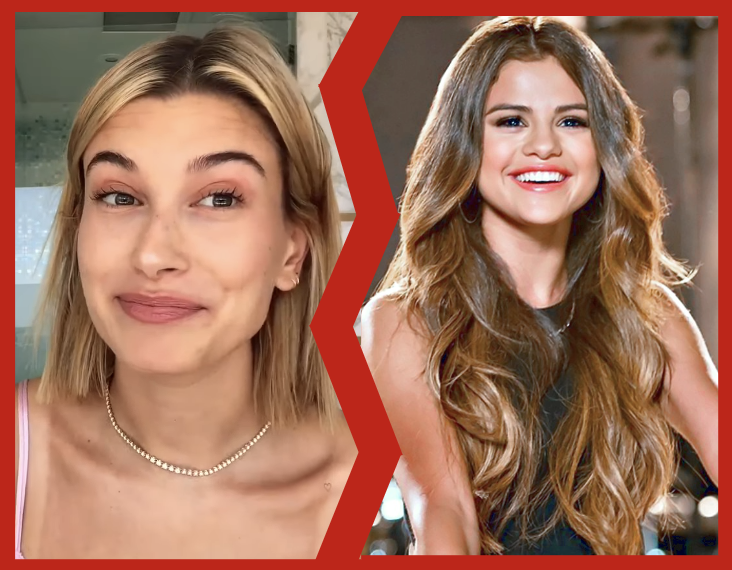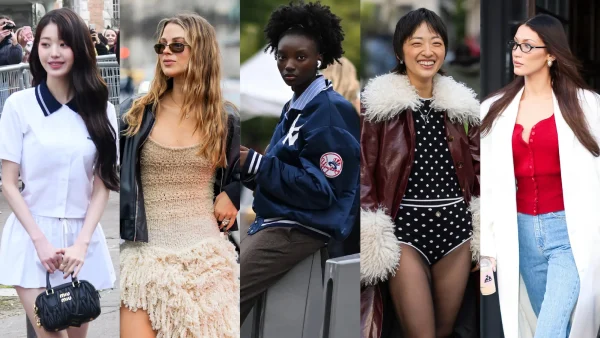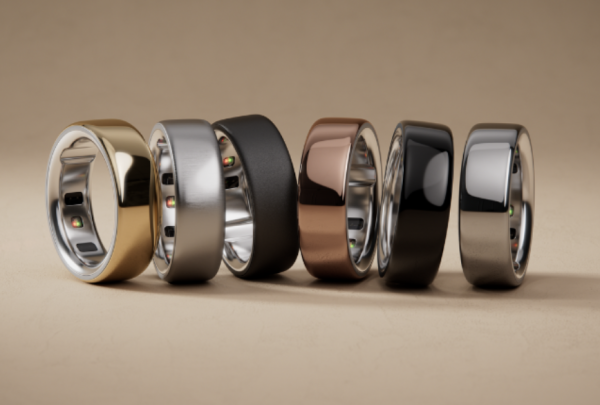Celebrity Drama: The Abuse of a Generation
In the world of celebrity culture, a goldmine has been struck. Strapped beneath the spotlight this month are singer Selena Gomez and model Hailey Bieber. Recently, the internet has gone ablaze over their alleged feud, with social media users tangling themselves in the personal lives of the two stars. It all (apparently) started years ago when Selena Gomez and Justin Bieber got back together after a heartbreaking split that made fangirls everywhere clutch their Wizards of Waverly Place CDs. After capturing the attention of millions, the pair abruptly split up once again before Bieber confirmed his engagement to the formerly known Hailey Baldwin only 3 months later. In 2023, the drama is being swept up again at an even higher velocity, especially on TikTok. After Hailey posted a photo seemingly mocking Gomez, the singer’s fans have scoured the depths of the internet to find the most embarrassing instances of Hailey being a prior “Jelena” fan. Rumors travel rapidly and furiously, making the new assumption that Bieber practically arranged her marriage with her now husband, infuriating millions, including some students at Berkley.
At the heart of every scandal, there is a publicly pronounced villain, and in this case, it is Hailey Bieber. Junior Izzy Lyskawa confirms, “I’m definitely siding with Selena. She just seems more genuine. Hailey, on the other hand, has bad energy.” Junior Taryn Stone agrees, stating, “Hailey’s such a copycat, I hate her, she seems so fake.” Junior Ari Dubin says, “She’s just a mean girl. She’s so weirdly obsessed with everything Selena does, and I think Justin should leave her.” It seems like once the whirlwind of internet drama sucks you in, it’s hard not to feel strong, mostly negative, emotions.
These are some jarringly negative takes, but they seem to be most common in this feud.
“People feel comfortable overstepping boundaries because celebrities are already so publicized. It’s almost in the job description to be hated on,” Lyskawa confirms. When a sample of 30 Berkley students was asked whether celebrities like Hailey Bieber deserve such hate, 67% answered similarly. “I struggle to sympathize with Hailey. She lowkey deserves the hate. And besides, she’s the one inviting people into her life by accepting the spotlight,” proclaims one anonymous student.
That seems to be the biggest argument for Team Selena that Hailey’s actions of mocking Gomez and shading her relationship with Justin are genuinely deserving of hate. Besides the fact that both women have formally addressed that there is no feud between them, the treatment of Hailey is indicative of a larger problem that we’ve seen across all of pop culture. Time and time again, celebrities (usually female) are subject to large swarms of mentally damaging cyberbullying, even when their wrongdoings are the only product of reaches in speculation. For example, during the infamous 2016 “swiftgate”, Taylor Swift was shunned from the spotlight when Kanye West labeled her a “lying snake.” This was due to Swift’s expressed discomfort when West displayed a nude wax figure in a video of his, which he claimed she consented to. After posting a video edited to look like Swift consented to it, the singer’s comments were full of vile hate. Similarly, Sabrina Carpenter hate-trended on Twitter after singer Olivia Rodrigo vaguely alluded to her ex leaving her for “that blonde girl” in a song, despite Rodrigo making it clear that she didn’t direct the lyric at Carpenter. Soon formed 30-tweet-long threads expressing fans’ anger towards the then-21-year-old Carpenter.
This pattern is something we’ve seen repeatedly, with seemingly every week a new famous person falling victim to the internet’s wrath. With an outcome of so many young artists being torn to shreds by millions, celebrity drama is no longer a silly gossip column but a pedestal for abuse. With the idea of certain famous people’s cyber-torment being inevitable (and sometimes even deserved) planted in the heads of young people, it begs the question, have we gone too far?
A beautiful thing about gen-z is their compassion for the victim, with young people being largely responsible for the normalization of mental health issues. However, for a generation so seemingly empathetic, we are scarily desensitized to the abuse of others. In light of the terrifying hate cycle that is celebrity spectacles, it may be time we reconsider our treatment of those on the other side of the screen.







